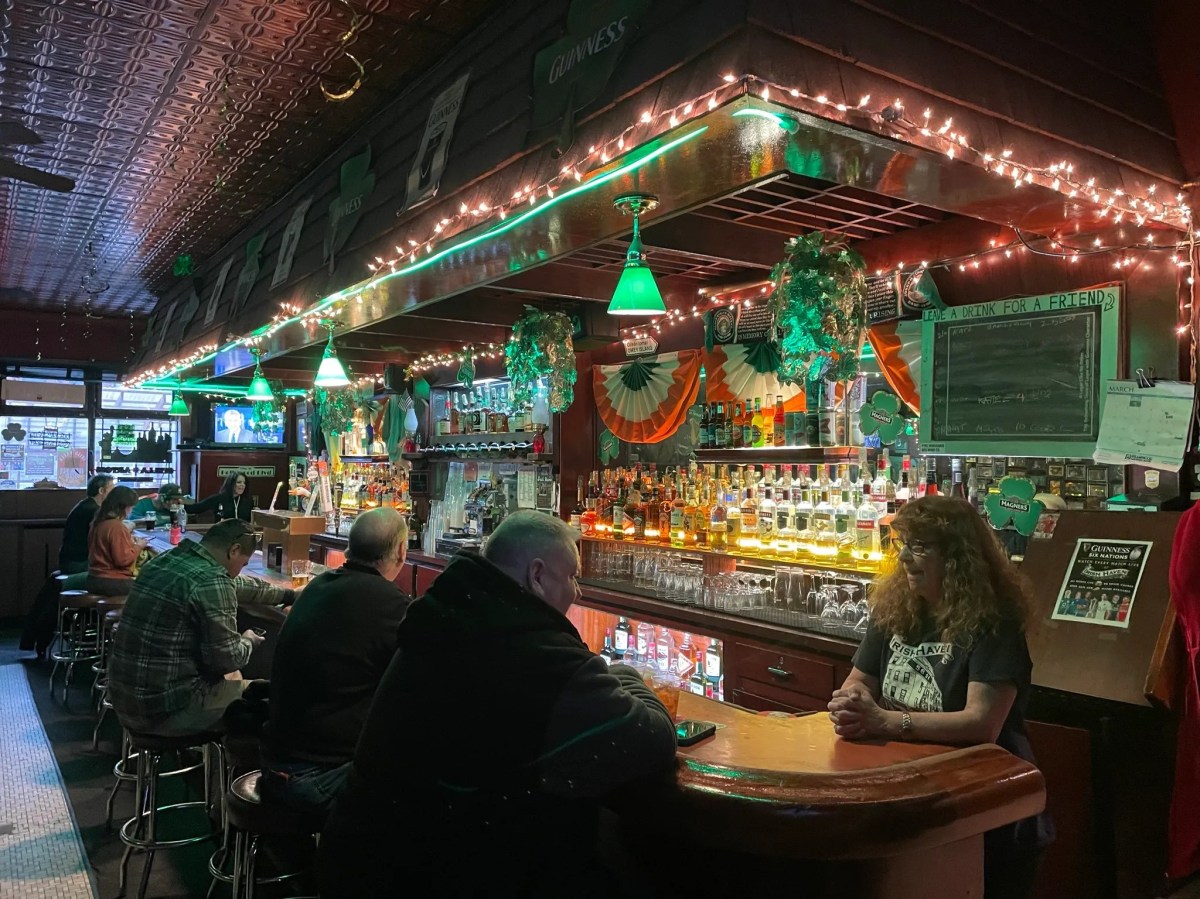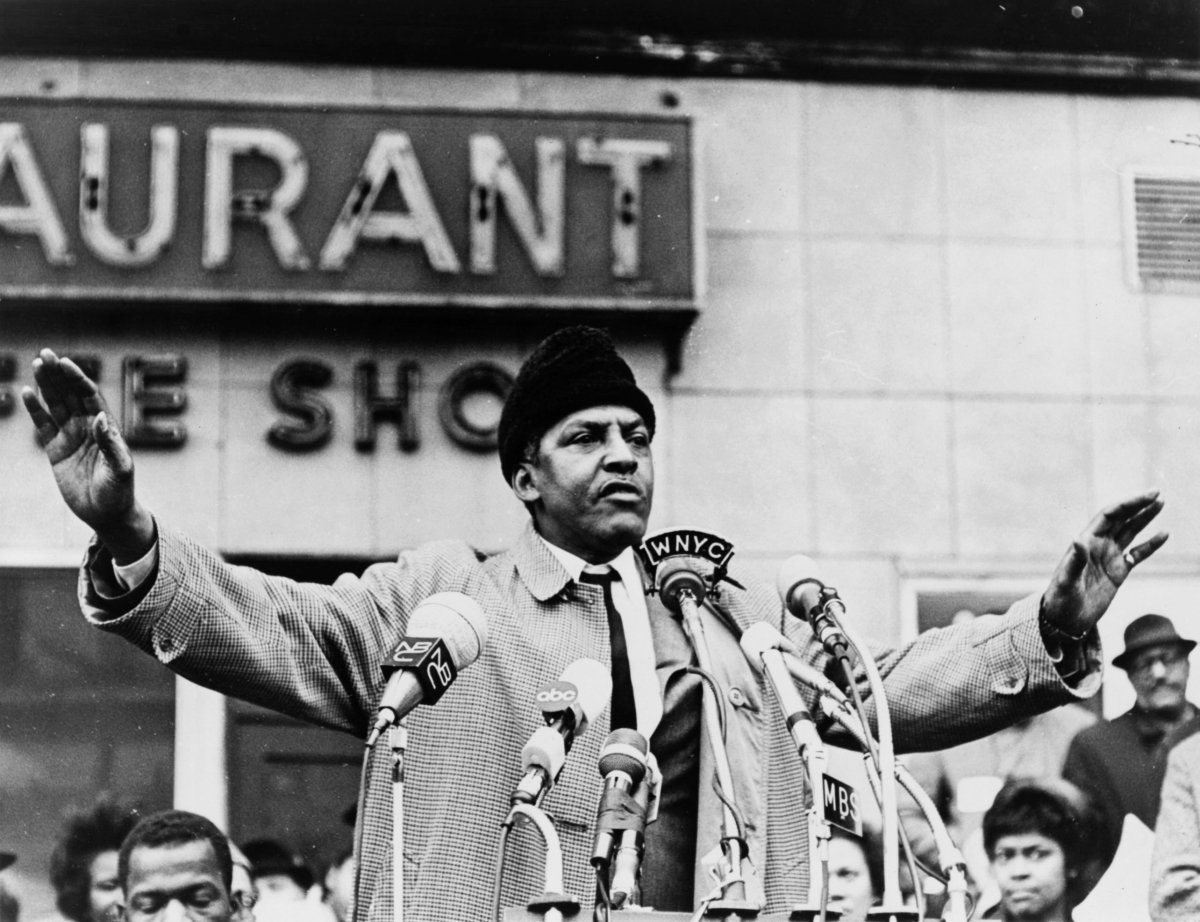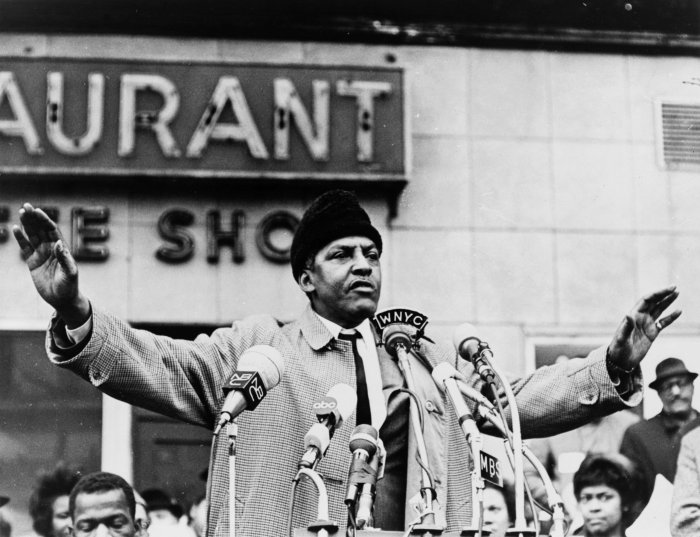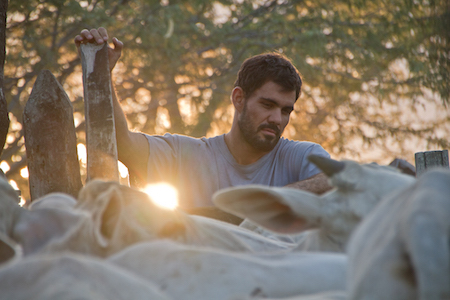
BY GARY M. KRAMER | The striking film “Neon Bull” is set in the Sertão region of northeastern Brazil, which is home to Iremar (Juliano Cazarré), a vaquero, or cowboy. Iremar works with Galega (Maeve Jinkings) and Zé (Carlos Pessoa) doing rodeo shows. Iremar and Zé prepare bulls for a sport where cowboys on horseback pull the bulls’ tails to take them down. Iremar, however, dreams of being a fashion designer and spends his spare time making sparkly outfits for Galega, who moonlights as an exotic dancer.
Director Gabriel Mascaro emphasizes the contrast between the characters’ harsh reality and their hopeful dreams, which is what makes his film so affecting. “Neon Bull” immerses the viewer in this remote world, from a slow opening pan across the rodeo bulls to a highly stylized scene of equestrian massage.
This slice-of-life story eschews dramatic tension and large plot developments for impressionistic moments. One surreal episode involves Iremar picking up mannequin parts in the muddy landscape. A comically explicit scene has Zé and Iremar conspiring to procure horse semen to earn extra money. And there are erotic moments when different characters seek sexual release as a way of coping with their long days of hard work and often-lonely existence.
“Neon Bull” deftly captures the characters’ palpable sense of longing for a different life, which provides the film’s emotional core. Iremar’s desire for a better sewing machine may be why he toughs it out cleaning up and smelling like manure for days on end. When he meets Geise (Samya de Lavor), a woman who sells cologne and works as a security guard in a clothing factory, he may find a way to get into the world he wants.
In the meanwhile, Iremar helps Galega with her costumes and also acts as a surrogate father for her young daughter, Cacá (Alyne Santana). Cacá also has dreams — of owning a horse and reuniting with her long absent father — but her situation seems as unlikely to change as anyone else’s. The young girl is unhappily resigned to her hardscrabble life, living in a makeshift camp with the three adults.
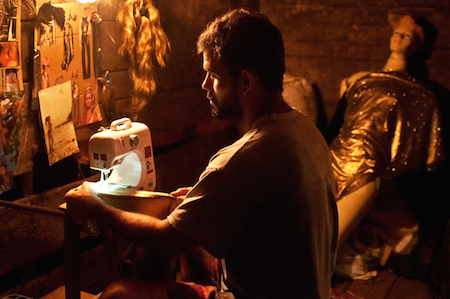
KINO LORBER
“Neon Bull” takes a small narrative turn when this “family” dynamic is upset. Zé, who is good with horses, is asked to leave the camp to handle a prize stallion elsewhere. He is replaced by Júnior (Vinícius de Oliveira), a handsome, long-haired man who attracts both Cacá and Galega’s attention and inspires a bit of jealousy in Iremar.
That little dramatic happens in the film may frustrate viewers who invest in these characters. Mascaro wisely allows viewers to fill in the blanks about Cacá’s father as well as about Iremar’s future.
Part of the magic of “Neon Bull” is its absolute authenticity. Mascaro puts considerable emphasis on the bodies of both the bulls and the human characters, who in many ways behave like animals. The bulls are seen being guided in their pens, fed, and cleaned, and their lives are not unlike Iremar’s. He too is a creature of habit, forced to repeat the same tasks day after day. He eats, sleeps, and pisses, just like the animals. The only difference is that his dreams provide an escape from his routine and an outlet for creativity.
The emphasis on the characters’ bodies reveals truths about them. Just as Iremar combs and sands the bull’s tails for the rodeo, Júnior brushes his long hair, which is a symbol of his identity. Galega is seen waxing her crotch in private, while Iremar washes his lean, muscular body in a homoerotic sequence, demonstrating how the two characters care for their appearance.
Mascaro seems interested in both the organic and mechanical demands placed on animals and humans alike. The physicality of the bulls and their keepers are a focus of attention, but both the animals and the characters behave like machines in providing labor. During a midnight rodeo, the bulls are sprayed with florescent paint and trotted out as “neon bulls,” but their performance is not so different than Galega dancing in the horse mask and hoof costume Iremar makes for her. A lighthearted scene of the characters dancing mirrors the interaction between the bulls and horses in the rodeo arena. Both animals and humans “perform” in ways that define who they are.
“Neon Bull” succeeds in part because Cazarré delivers such an un-self-conscious performance as Iremar. The handsome actor is alluring whether he is handling the animals, working on his designs, or encouraging Cacá to find her father. In support, Santana is particularly strong as Cacá, who may be the most sympathetic character. Watching Iremar clean Cacá up after she falls in manure may be the most oddly touching — and representational — moment in this impressive film.
NEON BULL | Directed by Gabriel Mascaro | Kino Lorber | Opens Apr. 8 | Film Society of Lincoln Center, Francesca Beale Theater, 144 W. 65th St. | filmlinc.org



